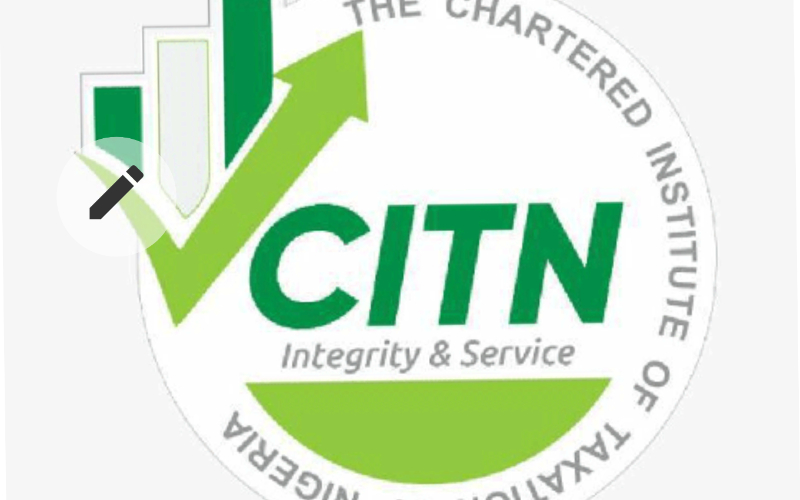The Chartered Institute of Taxation of Nigeria (CITN) has called for in-depth review of various taxing strategies for the digital economy.
President and Chairman of Council, CITN, Adesina Adedayo said this was necessary to resolve the uncertainty around taxing the digital economy as well as block revenue tax leakages.
Speaking at the institute’s 47th induction ceremony, he testified to the new goldmine in technological innovations and how advanced economies have explored this to their advantage.
He said the fact that Nigeria and indeed Africa, were yet to decide on appropriate tax regime for digital economy is detrimental to the economy.
He said, “There are several international and regional efforts that have been made in recent times to address these issues. Some of which include the United Nations Guidelines on Transfer Pricing, efforts to regulate Base Erosion and Profit Shifting through the BEPS projects, OECD Transfer Pricing Guidelines and ATAF guidelines on intangibles among other unilateral and bilateral efforts.
“The CITN recently engaged key stakeholders in a round table discussion to appraise the viability and adoptability or not of the OCED Two Pillar Solution. While there still exists opinions on which strategy will prove most effective for a high consumption-mono economy like Nigeria, I believe that an in-depth impact assessment of the Tax deal would put our decision as a nation in proper perspective.”
He further tasked the over 800 inductees on skills development, reminding them on the task ahead with regards to contributing to the Country Impact Assessment of the OECD Tax Deal in Nigeria.
Earlier, Executive Chairman, Bayelsa State Board of Internal Revenue, Nimibofa Ayawei maintained that the sustainability of internally generated revenue, IGR had remained a major task for states, stressing a need to bridge gap between revenue resources and budgetary needs to boost IGR levels.
SOURCE: THISDAY











